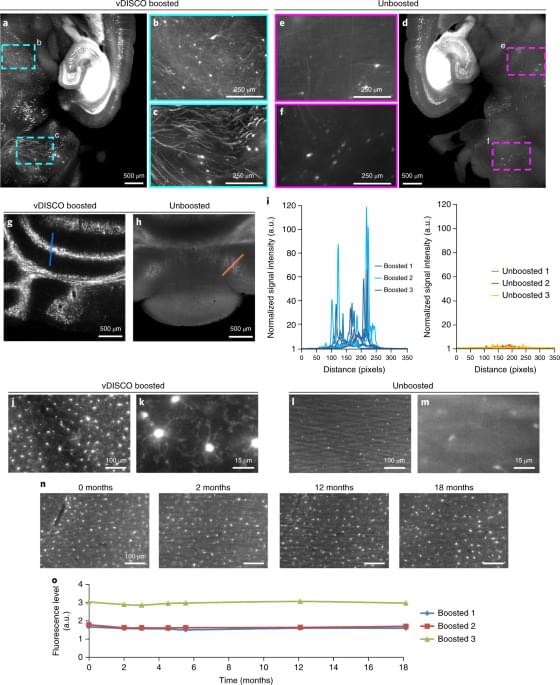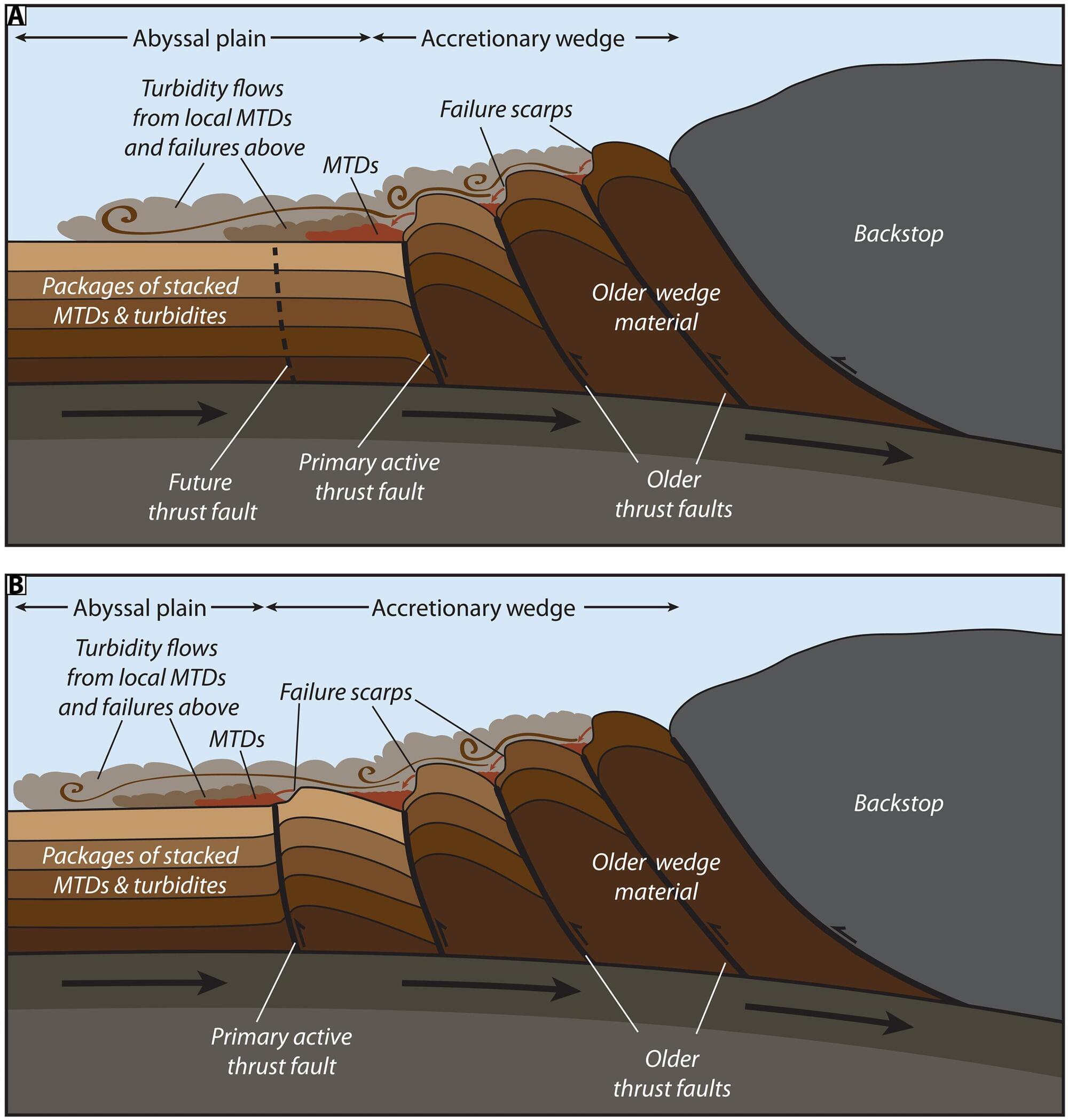We’ve been looking everywhere for decades.



Register for our 8-week seminar, Religion and Science!: https://www.religiondepartment.com/ReligionAndScience.
Religion and science don’t have to be enemies. Andrew Henry talks with scholar Andrew Aghapour about what the Religion and Science series revealed, how science studies religious experience, and where scientific approaches can quietly mislead.

Scientists have long debated the origins of exceptional human achievements. This literature review summarizes recent evidence from multiple domains on the acquisition of world-class performance. We review published papers and synthesize developmental patterns of international top scientists, musicians, athletes, and chess players. The available evidence is highly consistent across domains: (i) Young exceptional performers and later adult world-class performers are largely two discrete populations over time. (ii) Early (e.g., youth) exceptional performance is associated with extensive discipline-specific practice, little or no multidisciplinary practice, and fast early progress. (iii) By contrast, adult world-class performance is associated with limited discipline-specific practice, increased multidisciplinary practice, and gradual early progress.


A major ancient Roman industrial site on the River Wear may be one of the most important archaeological discoveries of the last hundred years, experts say.
Situated in northern England, the Roman site has yielded more than 800 whetstones on the riverbanks, with the expectation that hundreds or even thousands more may remain buried and await discovery. Durham University’s Department of Archaeology oversaw the work, which potentially could reframe our past understanding of Roman activity in the area.
Roman Whetstones

Marine turbidites are layers of mud and sand deposited on the deep ocean floor by massive underwater landslides and are often used as a historical record for reconstructing earthquake histories.
However, they can be unreliable because it is difficult to show they were not triggered by a storm or flood rather than a quake. In a new study published in the journal Science Advances, researchers detail a new way to link these mud layers to the specific landslides that caused them. This could mean much more accurate earthquake timelines.


Sometimes science can be painfully slow. Data comes in dribs and drabs, truth trickles, and veracity proves viscous.
The world’s longest-running lab experiment is an ongoing work in sheer scientific patience. It has been running continuously for nearly a century, under the close supervision of several custodians and many spectators – and it’s ever so slowly drip, drip, dripping away.
It all started in 1927, when physicist Thomas Parnell at the University of Queensland in Australia filled a closed funnel with the world’s thickest known fluid: pitch, a derivative of tar that was once used to seal ships against the seas.
